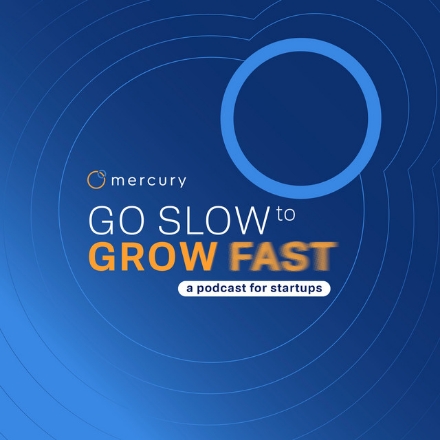Timecoded Guide:
- [00:00] Podcast starts – Hiring Grade A Talent for Your Startup
- [01:33] Differentiating Mercury from other VC firms
- [04:30] Hiring grade A talent as an early entrepreneur
- [12:06] Product market fit dos and don’ts
- [25:44] Breaking down Superhuman’s product market fit findings
- [30:45] Finding investment success in TeleVet
What common hurdles do founders face when hiring and managing their original team and the “grade A” talent they bring in?
Blair believes that the first 6 to 10 people a founder hires will be some of the most important, but not for the reasons the founders often think. These individuals allow a founder to build a better business and find product market fit, but they often aren’t the talent that makes that increase in valuation and product market fit happen. Instead, these employees attract that grade A talent, but entrepreneurs have to be ready to prioritize finding people with the right level of experience to take a company from small startup to successful business.
“It’s hard for entrepreneurs to fully realize that your first 6 to 10 people are really important, not just to build at that stage, but then to attract the next level of talent.”
Can you define product market fit and explain where founders often go wrong?
Product market fit is essential for a company’s success, especially in today’s down market, but Blair has seen many founders mistake having early adopters for finding product market fit. Early product market fit has early adopters willing to spend the money, but those early majority consumers should be the target for founders looking to find true product market fit. Blair encourages founders to focus on solidifying customer personas and hiring the talent that can meet the needs of customers at each stage of their journey.
“We [at Mercury] take companies from early product market fit to early majority product market fit, and that’s difficult for startup executives to do. You usually have to bring someone who’s been there and done that, that’s where that A grade talent comes in.”
What specific qualities should founders be looking for when hiring “grade A” talent?
The qualities of A grade talent that Blair focuses on include experience and credibility. While early startup executives have the drive and bravery to take a chance on new products and buy what a founder is selling as their new business, a seasoned executive inspires a different sort of trust with customers and assists in solidifying long-term product market fit. Scaling up a company requires experience, and bigger customers that will adopt your company as it progresses will be looking for talent within your team that feel experienced and trustworthy.
“A lot of startup executives, who kind of pop from startup to startup, they’re really good at that early definition of product market fit, but they couldn’t sell a Shell or an Exxon or a GE if their life depended on it, that’s just not what they do.”
When you think about a first time founder and their perspective on talent, what is your advice to them?
First-time founders have a hard time learning to compromise on spending and on talent, according to Blair. The best founders are cash efficient and know how to penny pinch. While this is a great thing for building on a budget, Blair sees problems arise when it comes to founders settling or compromising for less than grade A talent. Although it feels against the grain to spend more money or work with fractional talent, Blair urges first-time entrepreneurs to get comfortable making A grade talent a priority.
“The best founders are very cash efficient, to a fault. They’re only raising the money they need, they want to get overly diluted, then it’s almost the antithesis to tell them to go out and hire A grade talent because A grade talent wants to get paid.”





